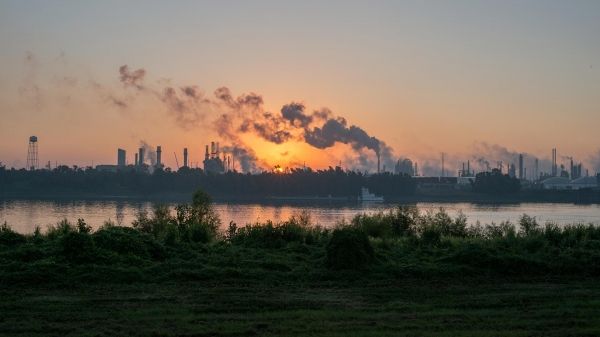Natural disasters ranging from hurricanes to river flooding can expose people to dangerous environmental contaminants, and now a new three-year study led by University of Maryland environmental health and urban planning researchers will analyze the impact of such hazards, particularly in vulnerable communities.
Funded by an $800,000 grant from the U.S. Environmental Protection Agency and conducted in partnership with colleagues at Duke University, Sacoby Wilson, associate professor of environment health, and Marccus Hendricks, assistant professor of urban planning, will establish a mathematical modeling approach to evaluate contaminant risk under different disaster scenarios and offer a framework for building community resilience and readiness.
“Natural and technological disasters disproportionately impact vulnerable communities, particularly those on the fence line of manufacturing and chemical companies, refineries and agricultural processing plants,” said Wilson. “Climate change-related extreme weather including more intense hurricanes and floods will only increase economic and health risks in these communities."
Continue reading at University of Maryland.
Image via Giles Clarke/Getty Images.


